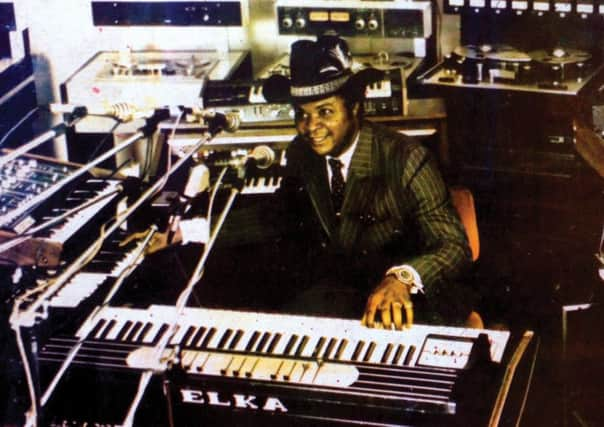Obituary: William Onyeabor, musician


His record label, Luaka Bop, said Onyeabor died in his sleep on Monday at his home in Enugu, Nigeria, following a short illness. He was 70.
Beginning in 1977, Onyeabor recorded nine albums featuring heavy bass and slinky synth lines that owed as much to American R&B and disco as they did to the Afrobeat rhythms of his countryman Fela Ransome-Kuti. The albums were pressed, printed and self-released via his personal record processing plant and label, Wilfilms Limited.
Advertisement
Hide AdAdvertisement
Hide AdThe joyous singing style of Onyeabor and his female backups on songs like Why Go To War and Atomic Bomb often belied lyrics with a political edge.
On 1978’s Better Change Your Mind he is defiant: “President, you ever think this world is yours? If you are thinking so ... Better change your mind.”
Onyeabor stayed true to his own “idiosyncratic – and infectious – path,” weaving his influences together “in a spacy, futuristic brew that no one was making at the time,” music writer Thom Jurek said.
“That style has influenced and been sampled and emulated by many,” he wrote for Onyeabor’s biography at allmusic.com.
His lasting influence was revealed decades later with the release of the 2013 compilation album “Who Is William Onyeabor?” That was followed by a documentary film and live tributes from such artists as David Byrne and Damon Albarn.
Onyeabor never performed live, and by the mid-1980s, had left music to run a flour mill and other businesses while stating that he was a born-again Christian. He refused interview requests, and later in life “only wanted to speak about God”.
Onyeabor is survived by his wife, four children and four grandchildren.